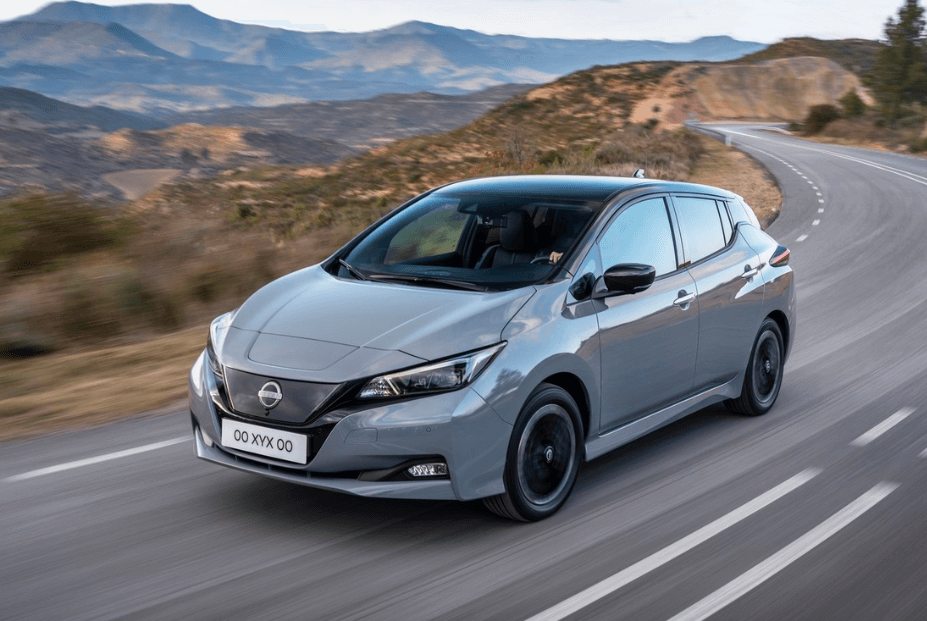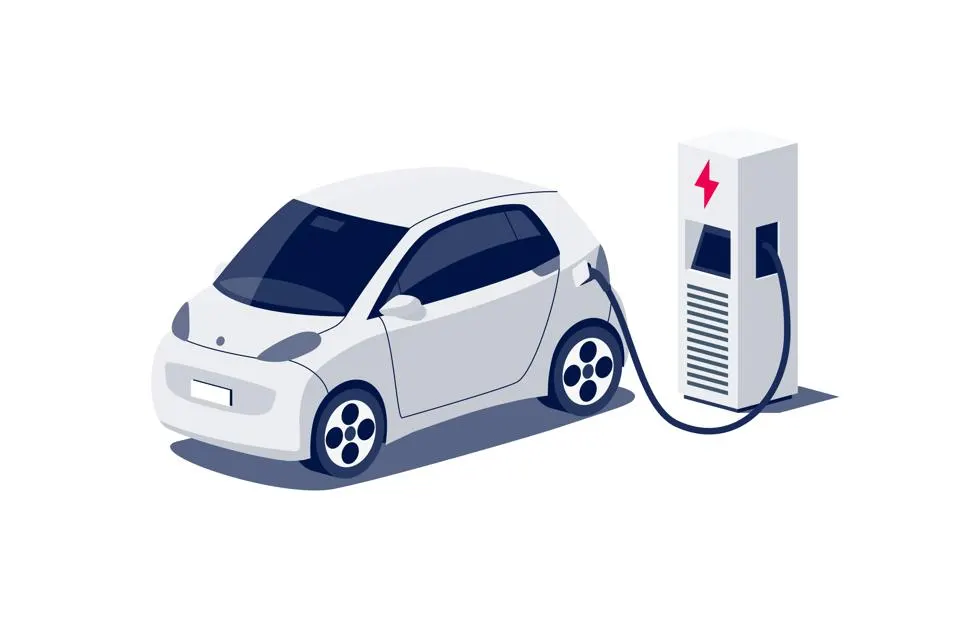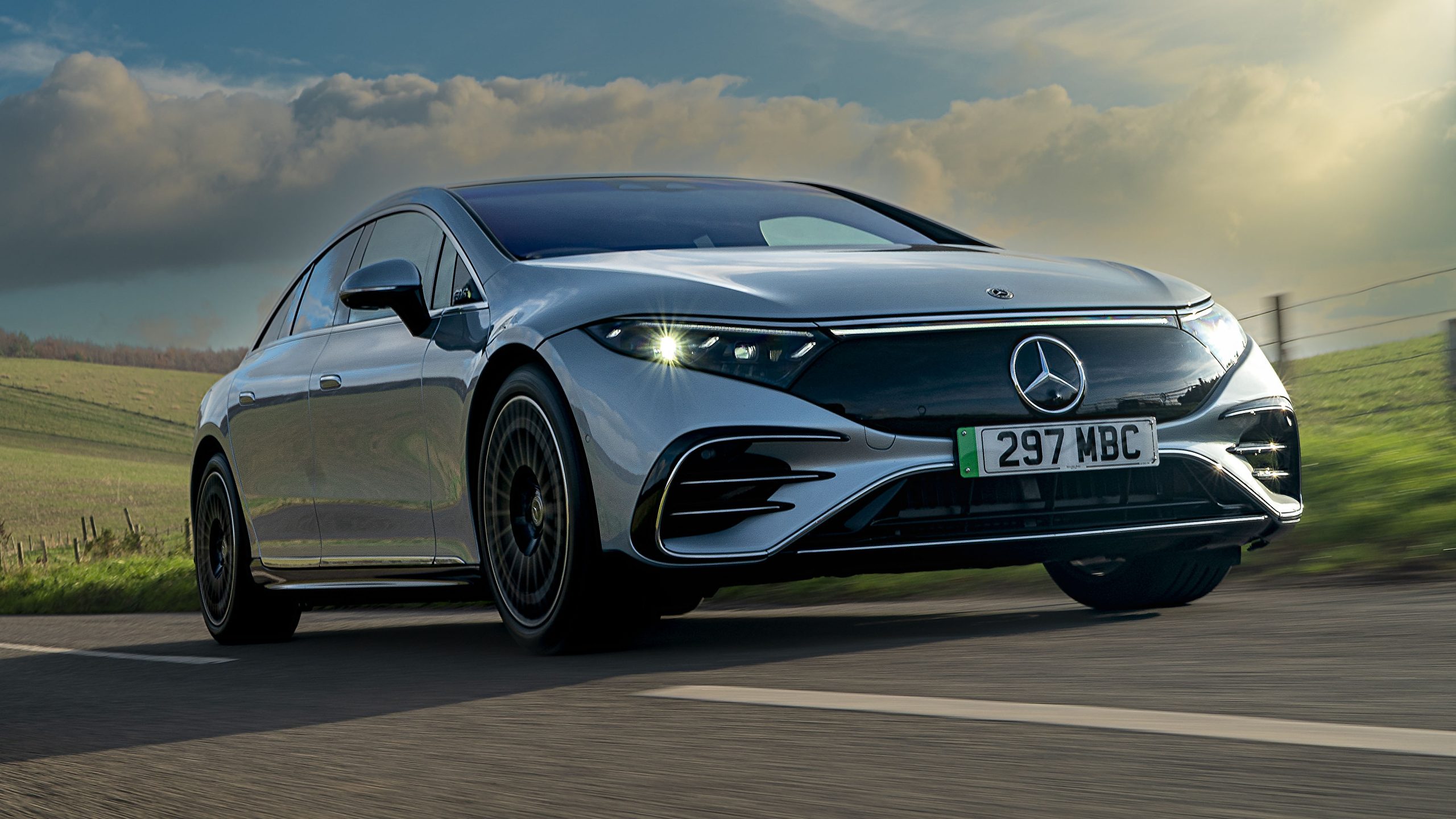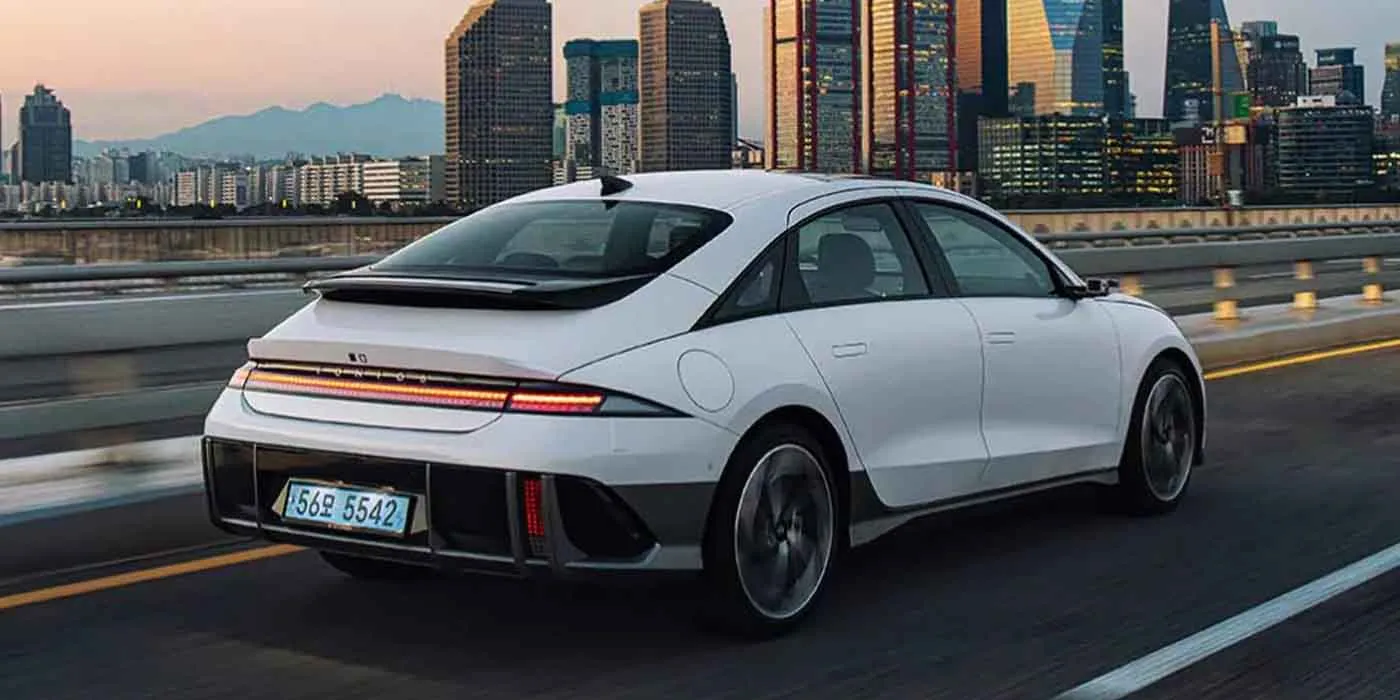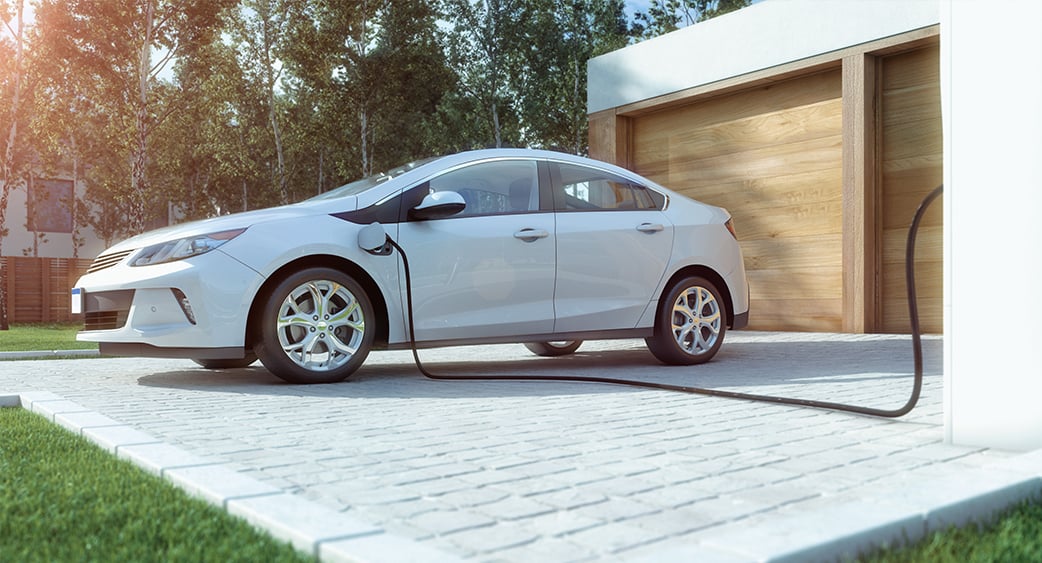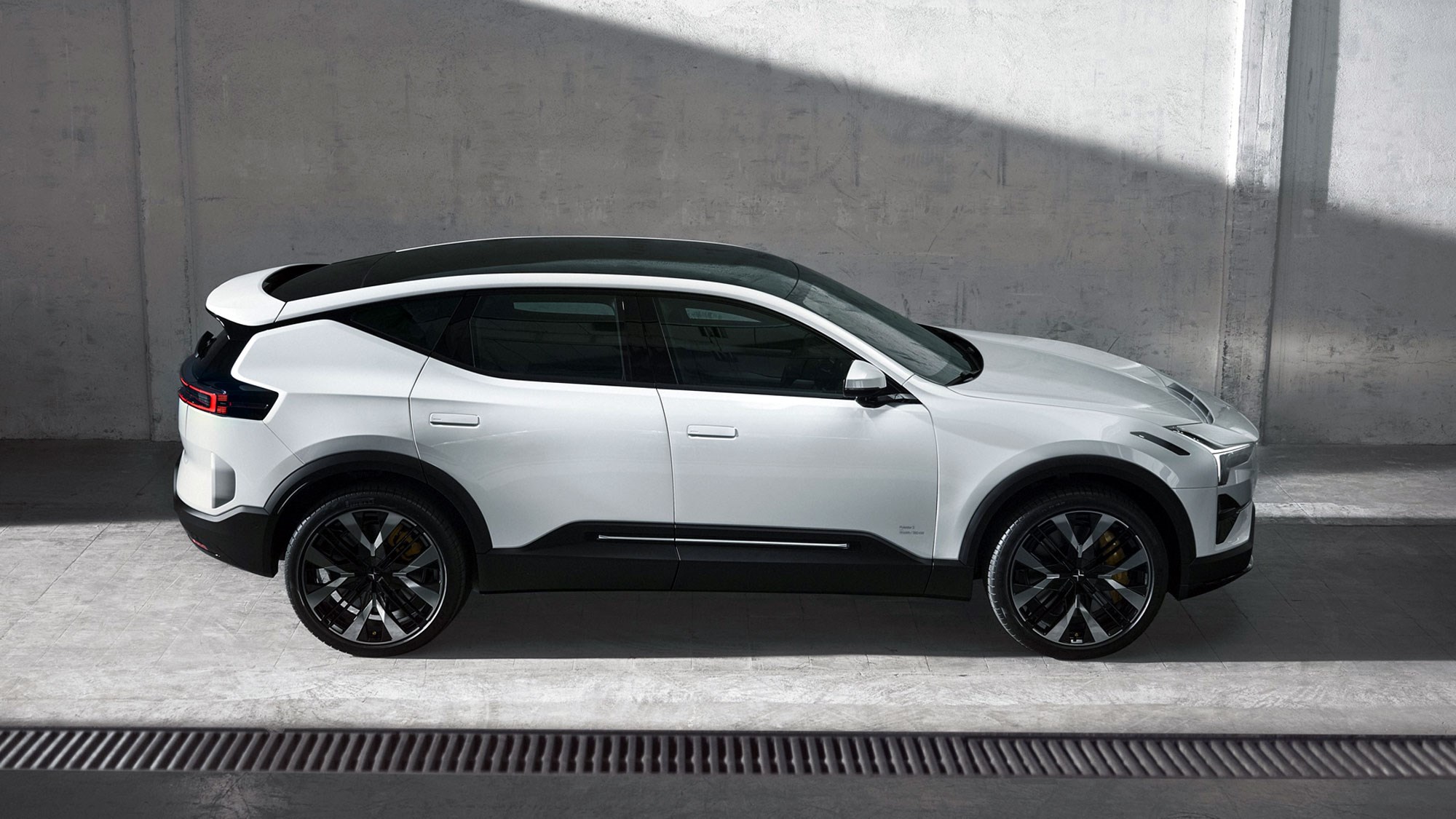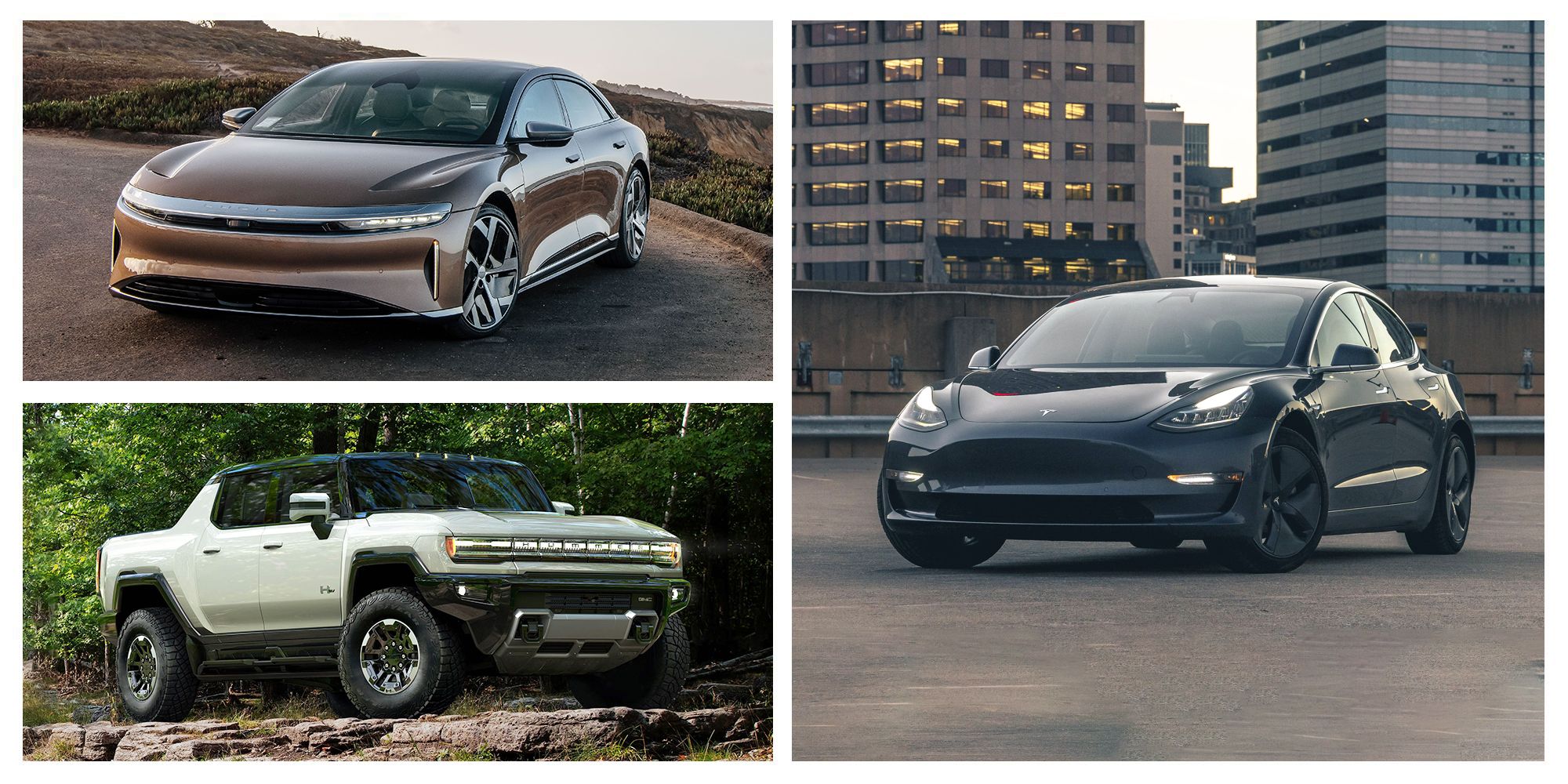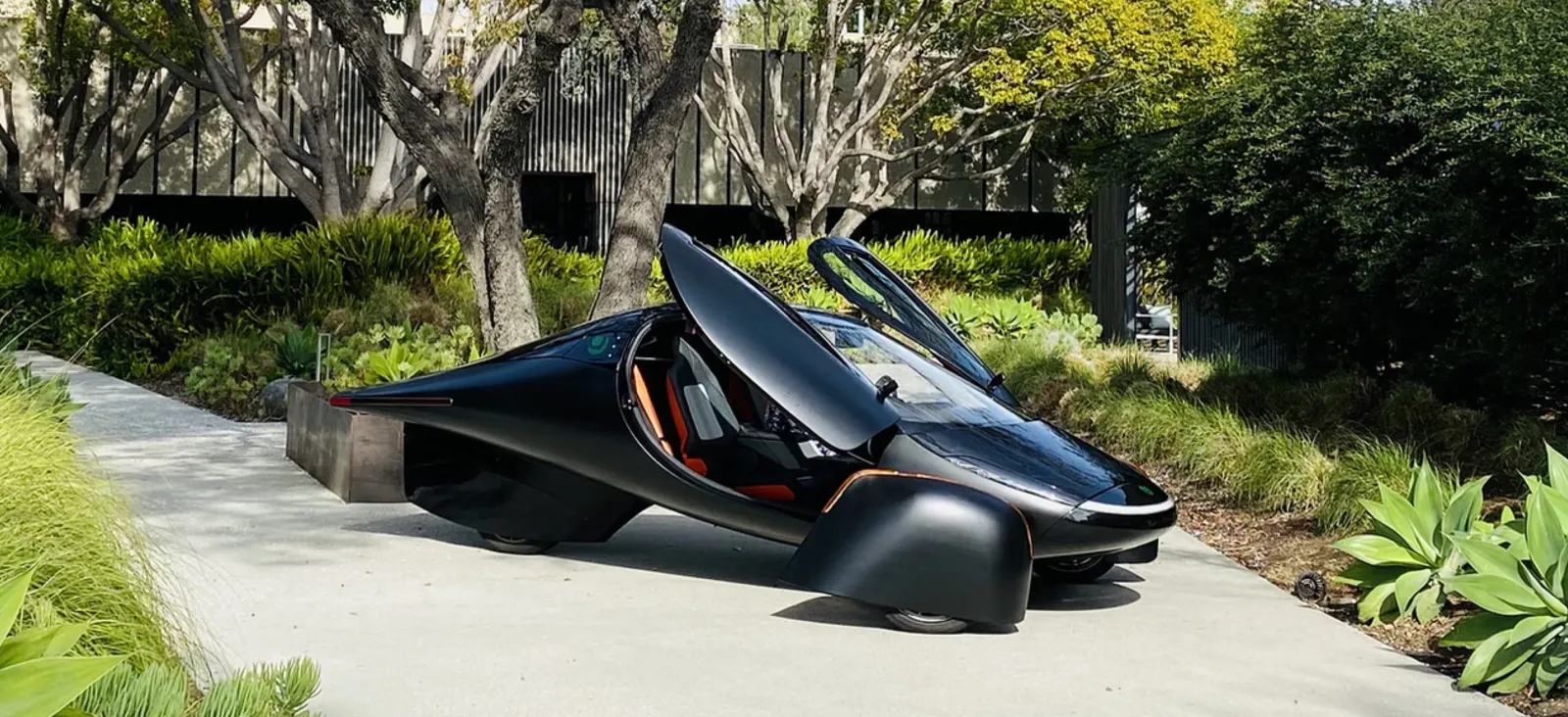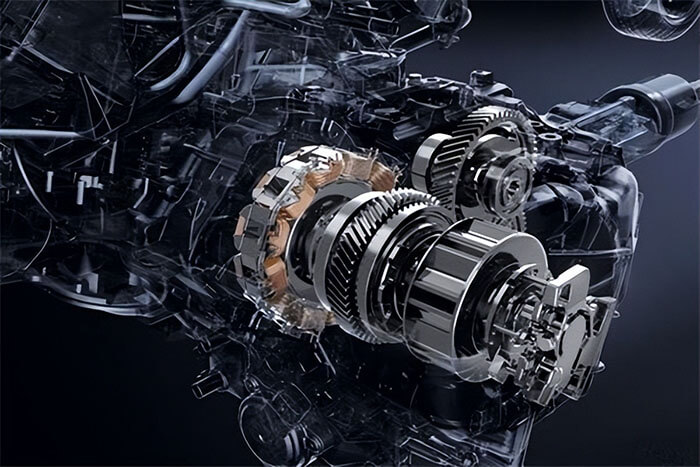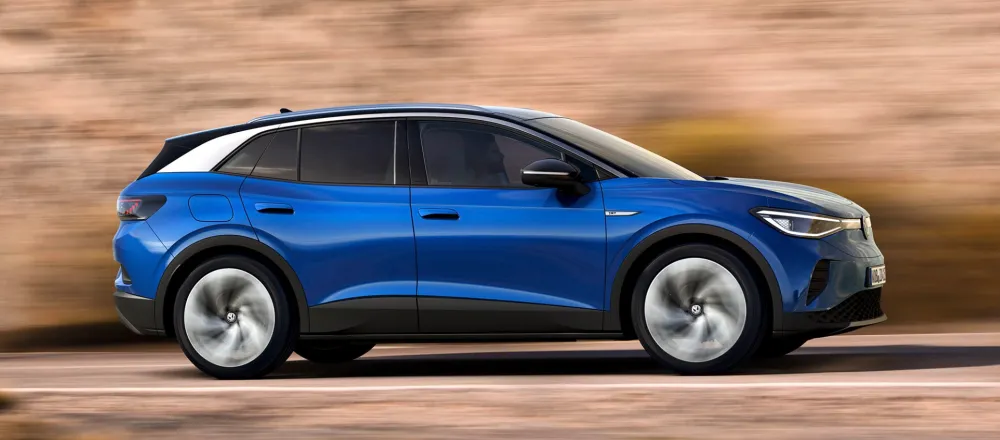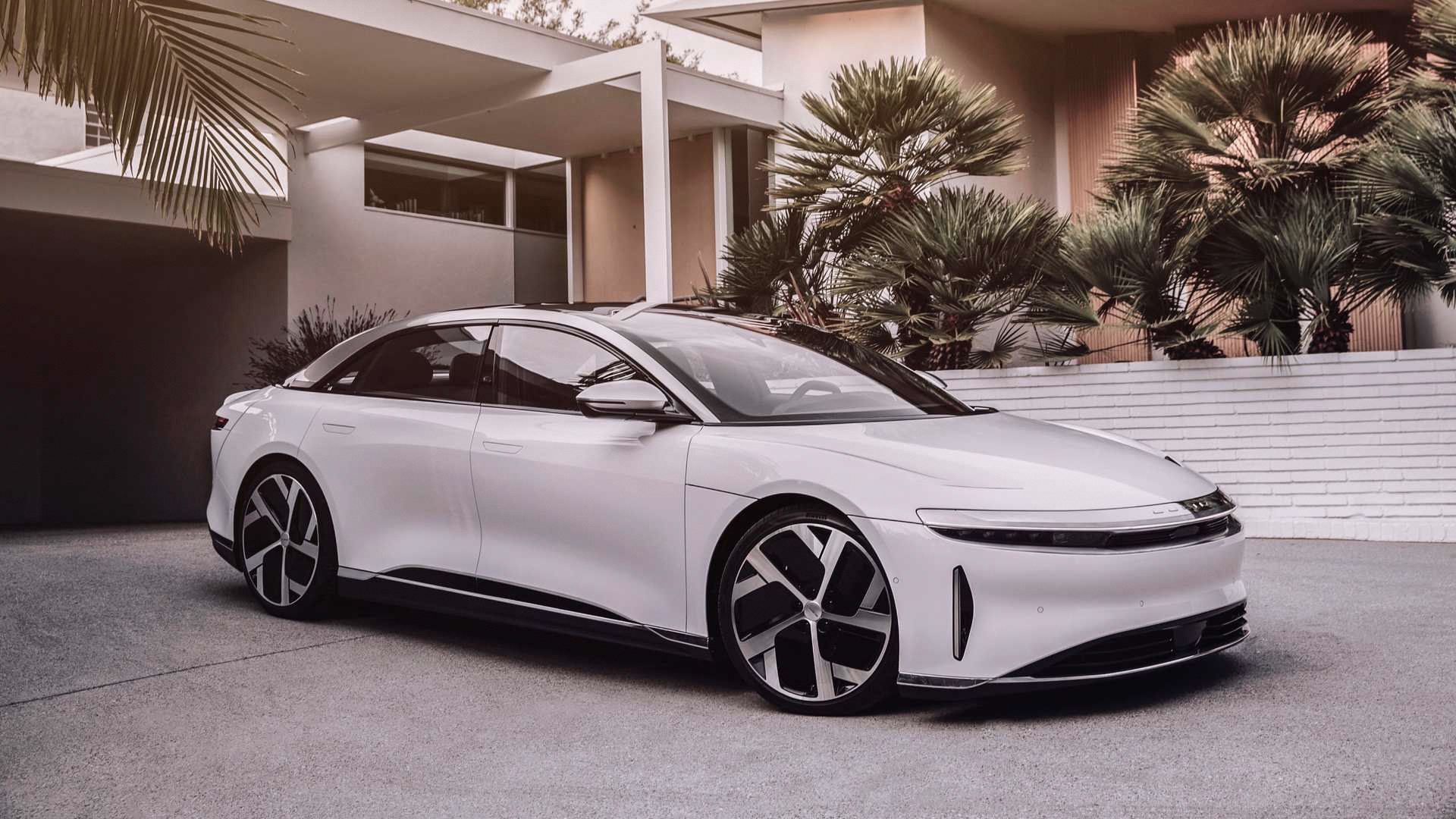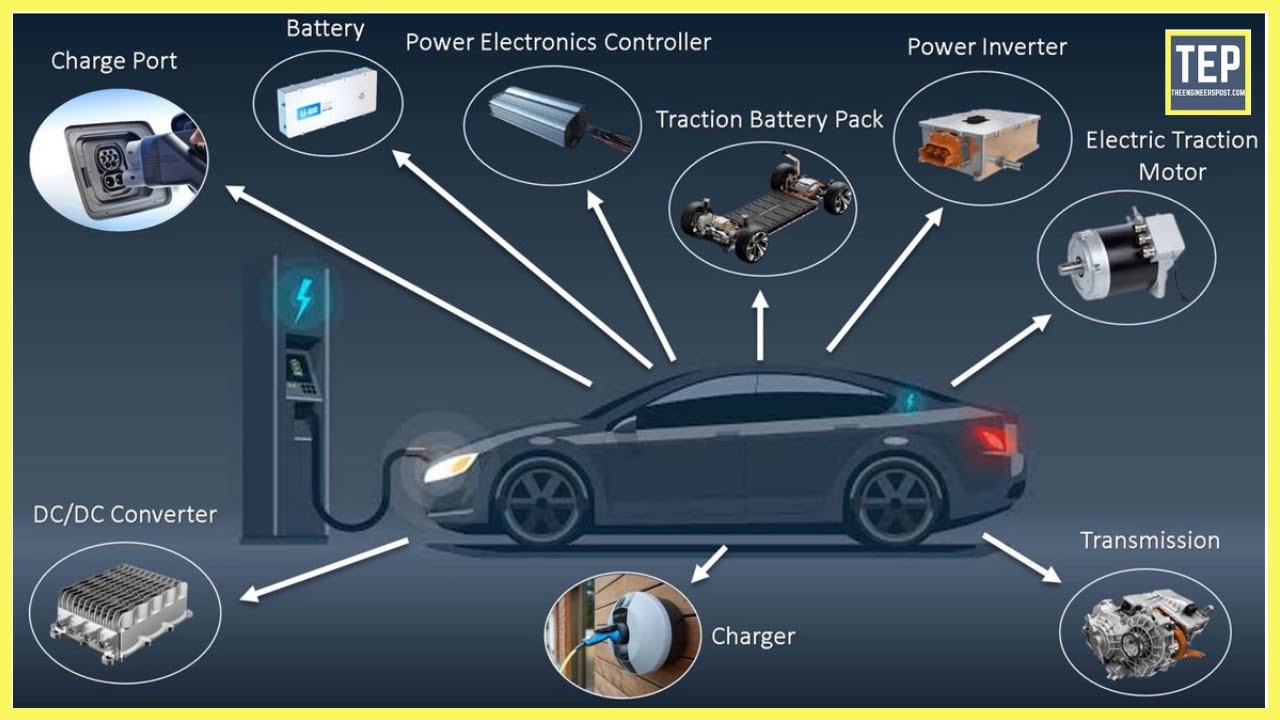In the realm of electric vehicles (EVs), the Nissan Leaf has long been a trailblazer, pushing the boundaries of innovation and sustainability. Now, with the introduction of the Nissan Leaf 62 KWh, the bar has been raised even higher. Join us as we delve into the features, performance, and environmental impact of this groundbreaking EV.
Nissan Leaf 62 KWh: Pioneering the Future of Electric Mobility
Let’s take a closer look at the Nissan Leaf 62 KWh and discover why it’s setting a new standard for electric vehicles in terms of range, efficiency, and technology.
Read too: How to Become an Electric Car Mechanic and Shape the Automotive Revolution? Unleashing the Future
Enhanced Battery Capacity:
At the heart of the Nissan Leaf 62 KWh is its cutting-edge lithium-ion battery pack, boasting an impressive capacity of 62 kilowatt-hours (KWh). This upgraded battery allows the Leaf to achieve an extended driving range on a single charge, providing drivers with greater freedom and flexibility to explore the open road without the need for frequent recharging.
Extended Driving Range:
With its larger battery capacity, the Nissan Leaf 62 KWh offers an impressive driving range that far surpasses previous iterations of the vehicle. EV enthusiasts can now travel farther than ever before on a single charge, making longer journeys and road trips a viable option for Leaf owners. Whether commuting to work or embarking on a weekend getaway, the Leaf 62 KWh delivers the range needed to go the distance with confidence.
Rapid Charging Capabilities:
In addition to its extended driving range, the Nissan Leaf 62 KWh features rapid charging capabilities, allowing for quick and convenient recharging on the go. With compatible DC fast chargers, drivers can replenish the battery to 80% capacity in as little as 40 minutes, making pit stops more efficient and reducing overall downtime during long trips.
Advanced Technology Integration:
The Nissan Leaf 62 KWh is equipped with a host of advanced technologies designed to enhance the driving experience and maximize efficiency. Features such as regenerative braking, intelligent energy management, and predictive range estimation help optimize battery usage and extend the vehicle’s range even further. Additionally, innovative driver-assistance systems and connectivity features provide added convenience and safety on the road.
Environmental Sustainability:
As a zero-emission vehicle, the Nissan Leaf 62 KWh plays a crucial role in reducing greenhouse gas emissions and combatting climate change. By transitioning away from fossil fuels and embracing electric mobility, drivers can significantly reduce their carbon footprint and contribute to a cleaner, more sustainable future for generations to come.
Conclusion:
The Nissan Leaf 62 KWh represents a significant leap forward in the evolution of electric vehicles, combining enhanced battery capacity, extended driving range, rapid charging capabilities, advanced technology integration, and environmental sustainability in a single package. As EV adoption continues to rise, vehicles like the Leaf 62 KWh will play a pivotal role in shaping the future of transportation, offering drivers a compelling alternative to traditional gasoline-powered cars.
